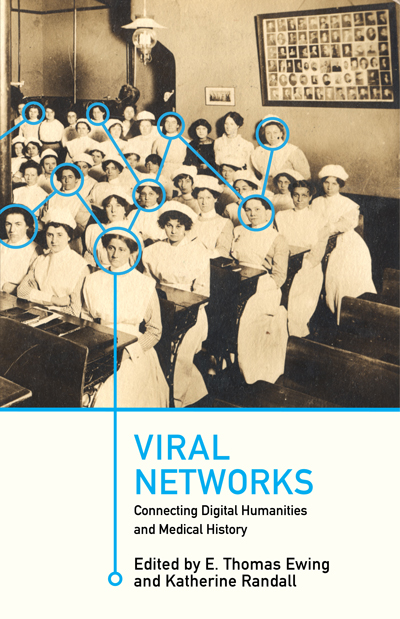JARS v52n3 - In Memoriam: Cecil Smith
In Memoriam: Cecil Smith
Adele Jones
What a privilege it was to know a man who was not only an expert plantsman but also a man of outstanding character. Cecil Smith, who died Feb. 24, 1998, was such a man. He will be well remembered by all who knew him for his skill in developing a world class garden at St. Paul, Oregon, and for his kind and generous personality
Cecil was born June 11, 1904, in Champoeg, Oregon, not far from the site later to be his woodland garden. As a boy, he loved the wildflowers found in the woods and meadows: trilliums, shooting stars, fawn lilies and native iris. He attended Oregon Agricultural College (now Oregon State University) and became a grass seed farmer. In 1941, he married Mary "Molly" Beaty and they had two sons: Allan and Sidney.
The American Rhododendron Society was in its formative stages as Cecil's interest in rhododendrons began to develop. He joined the Society just one month after its founding. The Society honored Cecil and Molly at the 50th Anniversary Celebration Convention in Portland, Oregon, May, 1995, with its Founding Members Award. Cecil served the Society as a District Director for many years and wrote several articles for the Society's publications. In April 1976, the Society presented the Gold Medal Award to him. He received the Bronze Medal in 1980 from the Portland Chapter. The ARS further honored Cecil in May 1985 with the rarely presented Pioneer Award.
Cecil and Molly purchased the site for their home and garden near St. Paul, Oregon, in 1951. Even before the house was completed, Cecil was laying out paths zigzagging through the garden site. The plot he selected was on a north facing slope with a canopy of second growth Douglas firs and native big-leafed maples. He had chosen just the right microclimate for his rhododendron garden. Cecil sought to grow the finest forms of species rhododendrons and the best of the hybrids. He introduced his beloved wild-flowers and other choice companion plants to the garden and they flourished and multiplied.
The favorable garden situation and his understanding of the cultural needs of rhododendrons led him to grow many rhododendrons which others considered difficult. Over the years, the garden became home to plants of some of the first Rhododendron yakushimanum and R. proteoides introduced into this country. His massed planting of R. yakushimanum set off by a bed of Anemone nemorosa , Trillium luteum , and a golden chain tree has been the subject of many a photograph. Visitors from all around the rhododendron world have converged on Cecil and Molly's garden to see the rare R. proteoides in full bloom.
Cecil's interest in the preservation and study of rhododendron species led him to become one of the founders of the Rhododendron Species Foundation, now located near Federal Way, Wash. He served on the board of directors of that organization for several formative years.
Hybridizing was another interest of Cecil's. He appreciated fine foliage and texture in his garden and hybridized with the goal of developing plants that looked good the year around, not just while blooming. His best known named hybrid, 'Noyo Brave' achieved that goal, as did 'Cinnamon Bear'. Another attractive named hybrid of Cecil's is 'Yellow Saucer'. He grew hybrids of merit created by friends, especially fellow Northwesterners.
Always generous with his time and his plant material, Cecil enjoyed garden visitors whether they were newcomers to the world of rhododendrons or established experts in the field. Cecil loved to share his garden philosophy and appreciation of nature; Molly always had a plate of cookies and cup of coffee ready. The garden visitor seldom left empty handed. Cuttings and pollen were freely given and sometimes a small plant or two was sent to a new home. Ideas, advice, inspiration were there for the taking. Cecil supported the ARS Seed Exchange and Pollen Bank with frequent contributions.
When Cecil and Molly found that they needed more help with the garden, they made it possible for the Portland Chapter, ARS, to purchase the garden from them in 1984. The Portland Chapter, with help from the Tualatin Valley and Willamette chapters, cares for the garden, opening it to visitors on selected dates each spring and providing pollen and seed to the ARS. Donations, admission fees and sales of plants propagated from the garden help provide the funds necessary for its maintenance. The garden's fame has spread through articles in national magazines, coverage on the Victory Garden television show and through inclusion in garden books. Hundreds of visitors come each year to see the realization of the vision of this modest, gentle man.
